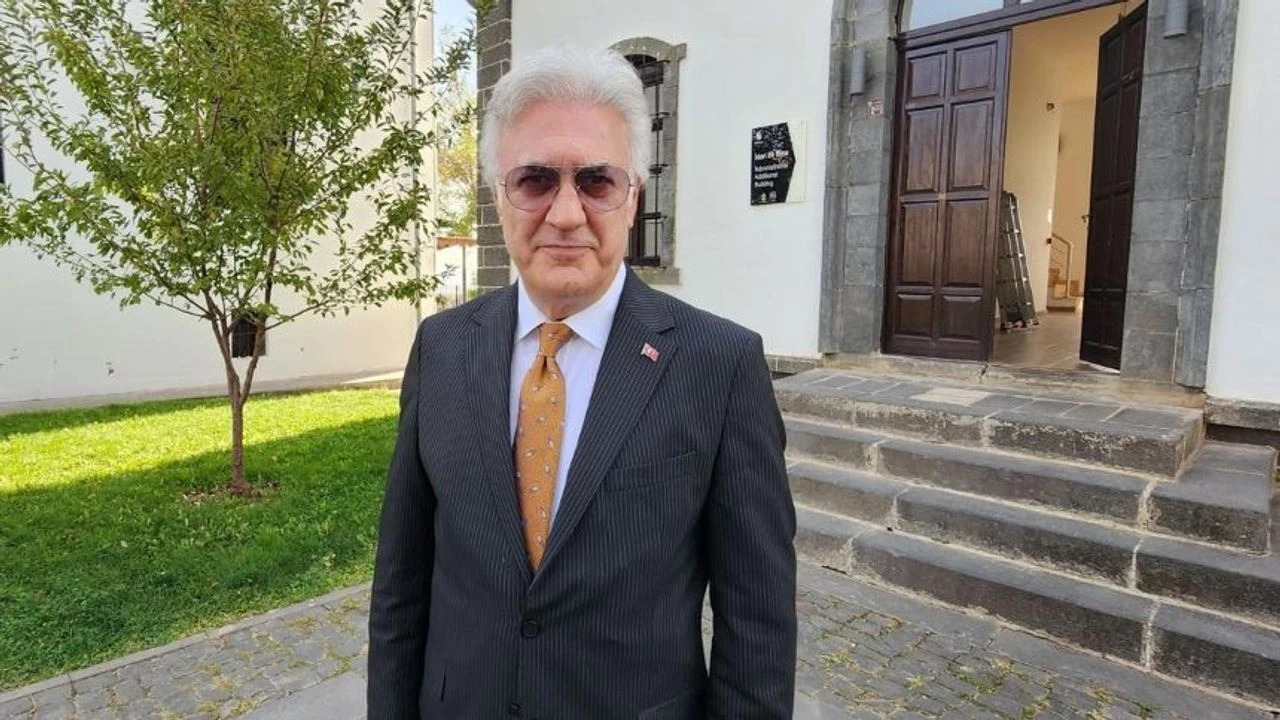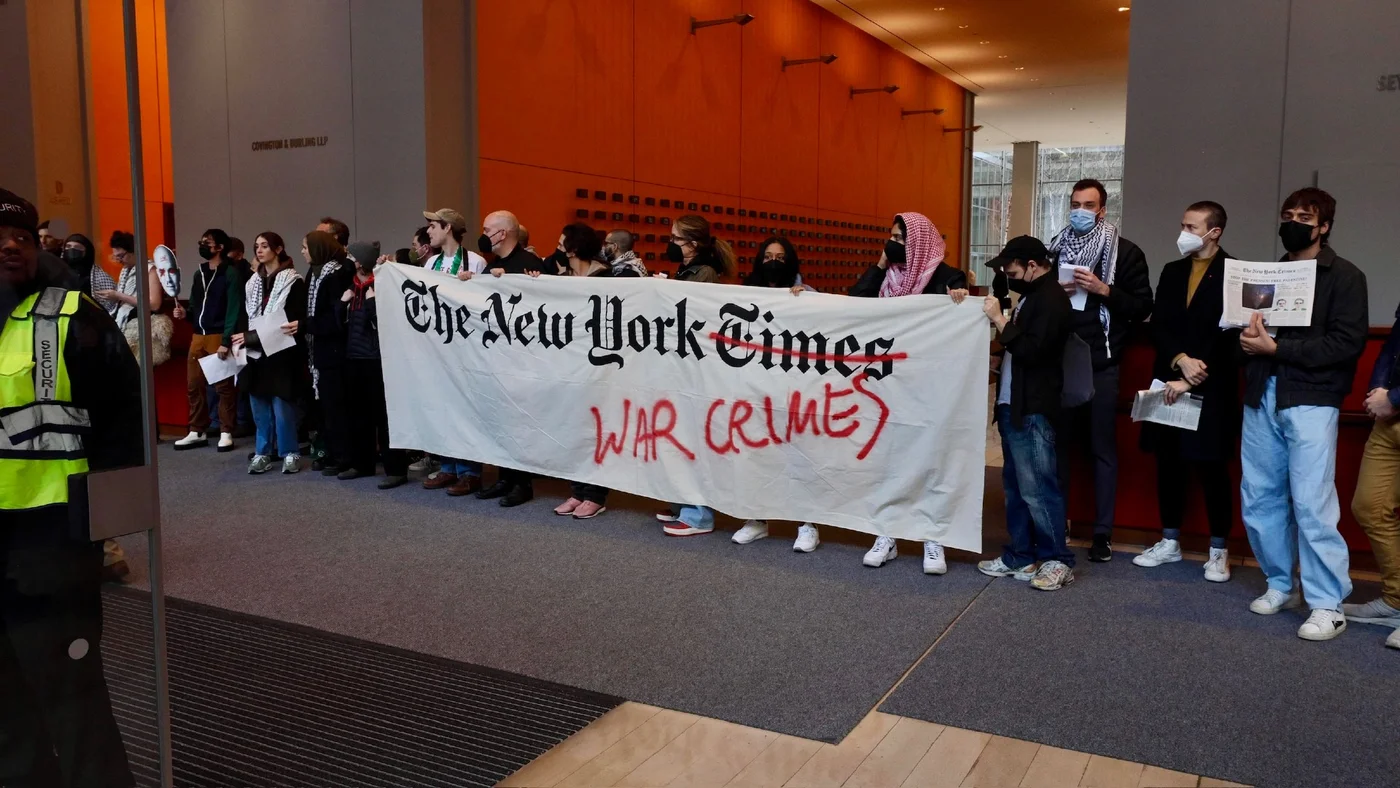During the tenure of actor Tamer Karadağlı, who was appointed as General Director of the Turkish State Theatres by a presidential decree in 2023, the institution’s expenditures have seen a significant surge. When Karadağlı took office in 2023, per diem expenses stood at ₺34.7 million, but by 2024, that figure had risen to ₺127.8 million. During the same period, representation and publicity expenditures also increased substantially compared to the previous year.
According to a report by BirGün, under Karadağlı—appointed by President Recep Tayyip Erdoğan in August 2023—the State Theatres’ budget items expanded notably compared to previous years. In 2022, per diem expenses totaled ₺14.6 million, rising to ₺34.7 million in 2023, and then climbing by 268% to ₺127.8 million in 2024. The financial reports indicate a major rise particularly in travel and accommodation costs; per diem expenses include transportation, lodging, and meal costs for domestic and international assignments.
Even though ₺55.5 million was allocated for per diem payments in the 2025 budget, it was revealed that within the first six months alone, spending had already exceeded that amount, reaching ₺84.9 million.
Sharp Increase in Representation and Publicity Spending
The report also highlights a major increase in representation and publicity expenses at the General Directorate of State Theatres. While these costs were around ₺6.2 million in 2023, they rose by 115% to ₺13.3 million in 2024.
Additionally, the institution reportedly spent about ₺1 million on “gifts for distribution purposes,” which include hospitality, souvenirs, and promotional items used during domestic and international events.
Veda Yurtsever’s Farewell to the State Theatres
Within artistic and cultural circles, there is ongoing debate about whether the State Theatres’ recent budget expansion aligns with its actual production capacity. Some artists argue that the sharp rise in representation and travel spending is concentrated more on administrative expenses than on theatre productions themselves.
Amid these discussions, veteran actress Veda Yurtsever, who had worked at the State Theatres for 32 years, announced her resignation in a public statement that sparked wide reactions.
In her farewell message, Yurtsever criticized the institution’s changing management culture, saying:
“The decline began when tracksuits were replaced by suits.”
She went on to denounce the leadership’s arrogance:
“You handed us over to monuments of vanity who see themselves as more important than the institution itself. That’s when we began heading toward our downfall.”
Yurtsever also criticized tour-related spending, claiming:
“Current administrators reject the hotels where actors stay and choose more luxurious ones instead. They even use frequent-flyer miles earned from tours to upgrade themselves to VIP flight tickets.”
She further alleged favoritism in so-called “co-productions”:
“These co-productions somehow always coincide with plays directed by the General Director and his deputies. And it’s always their plays that go on international tours.”
Highlighting unfair incentive payments and assignments within the institution, Yurtsever concluded:
“Are all the State Theatre’s resources reserved just for them? They’re pressing every button for their own Tulip Era.”
Her remarks have ignited strong reactions in the Turkish arts community, once again raising questions about transparency, equity, and artistic integrity in the country’s publicly funded cultural institutions.






